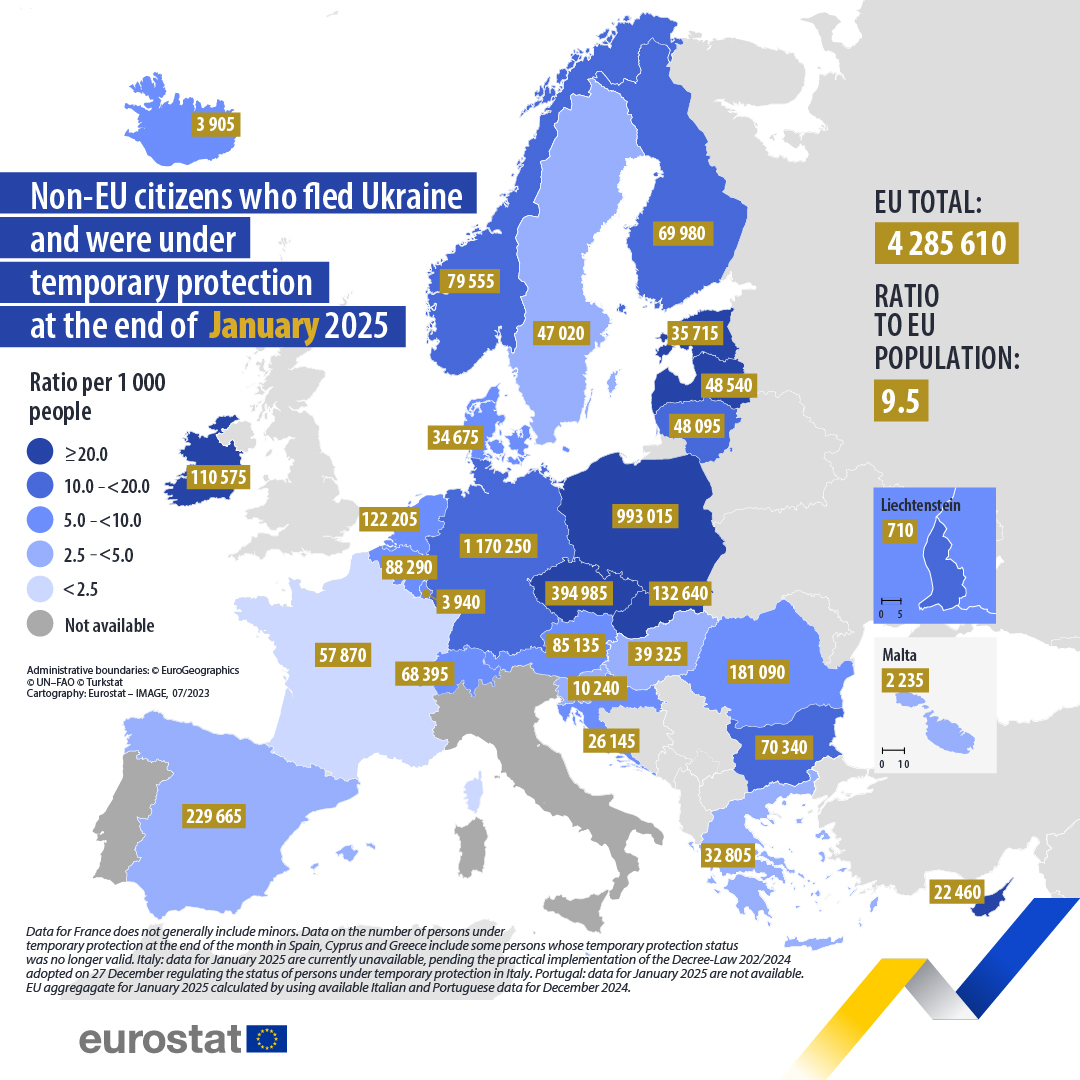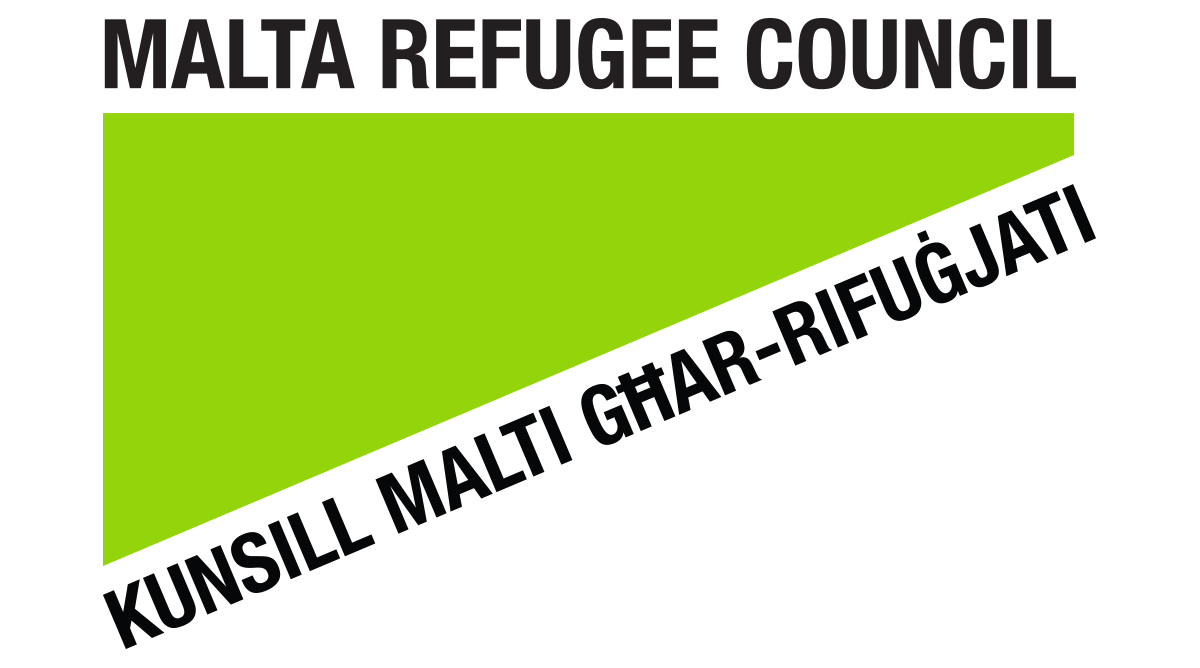Ukraine Info: Temporary Protection set to be renewed for another year
The European Union has just agreed to extend Temporary Protection for yet another year, lasting until March 2027.
This decision is generally welcome insofar as it ensures continued protection for people who fled Ukraine. Yet it fails to provide any long-term solution to the thousands of people living across the EU, including Malta, who have been living in a sense of temporariness ever since Russia invaded Ukraine.
In Malta, people who hold Temporary Protection are granted the same kind of protection and rights and people who hold subsidiary protection. It allows them to remain in Malta and access basic services such as employment, social support, health and education.
![]()
Yet our work with TP holders reminds us that this protection level is inadequate to ensure a dignified life. The vast majority of TP holders attend English-language classes provided by NGOs, yet continue to face challenges finding work that pays rent and guarantees livelihood. Little support is provided in terms of accommodation and social support, leaving most to rely on their own resources or those of friends and family.
The Malta Refugee Council underlines the on-going nature of the trauma and related mental health issues faced by most TP holders, with family or friends forced to remain in Ukraine to fight off invading Russian troops.
We also note that Malta does not systematically provide protection to persons who fled Ukraine even just one day before the war broke out. Maltese law makes them ineligible for Temporary Protection, and the International Protection Agency does not guarantee other forms of protection for them.
This decision is generally welcome insofar as it ensures continued protection for people who fled Ukraine. Yet it fails to provide any long-term solution to the thousands of people living across the EU, including Malta, who have been living in a sense of temporariness ever since Russia invaded Ukraine.
In Malta, people who hold Temporary Protection are granted the same kind of protection and rights and people who hold subsidiary protection. It allows them to remain in Malta and access basic services such as employment, social support, health and education.

Yet our work with TP holders reminds us that this protection level is inadequate to ensure a dignified life. The vast majority of TP holders attend English-language classes provided by NGOs, yet continue to face challenges finding work that pays rent and guarantees livelihood. Little support is provided in terms of accommodation and social support, leaving most to rely on their own resources or those of friends and family.
The Malta Refugee Council underlines the on-going nature of the trauma and related mental health issues faced by most TP holders, with family or friends forced to remain in Ukraine to fight off invading Russian troops.
We also note that Malta does not systematically provide protection to persons who fled Ukraine even just one day before the war broke out. Maltese law makes them ineligible for Temporary Protection, and the International Protection Agency does not guarantee other forms of protection for them.
